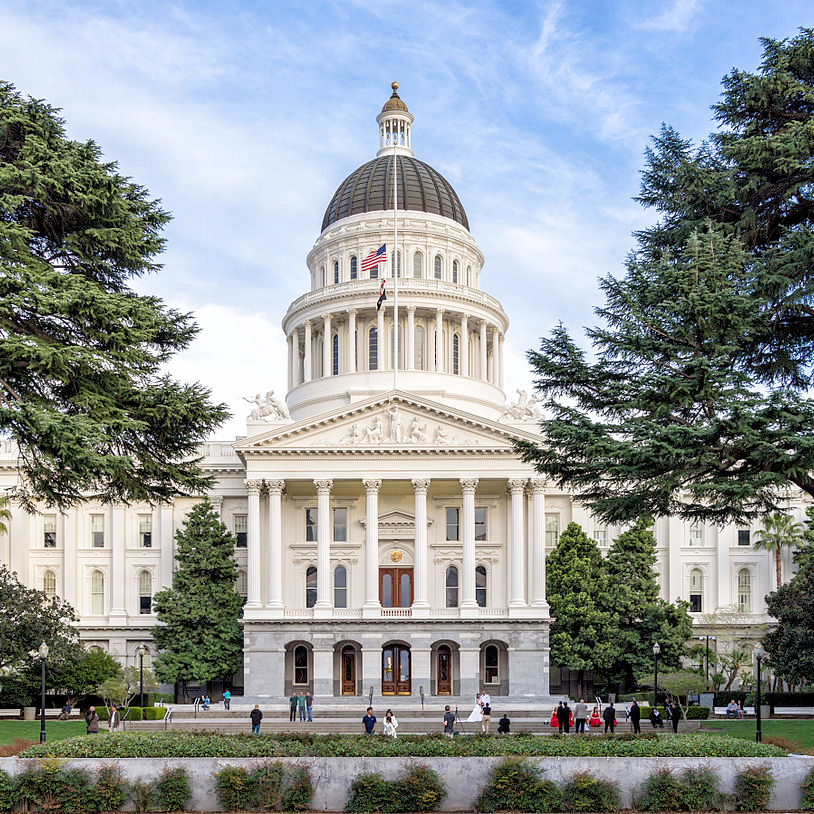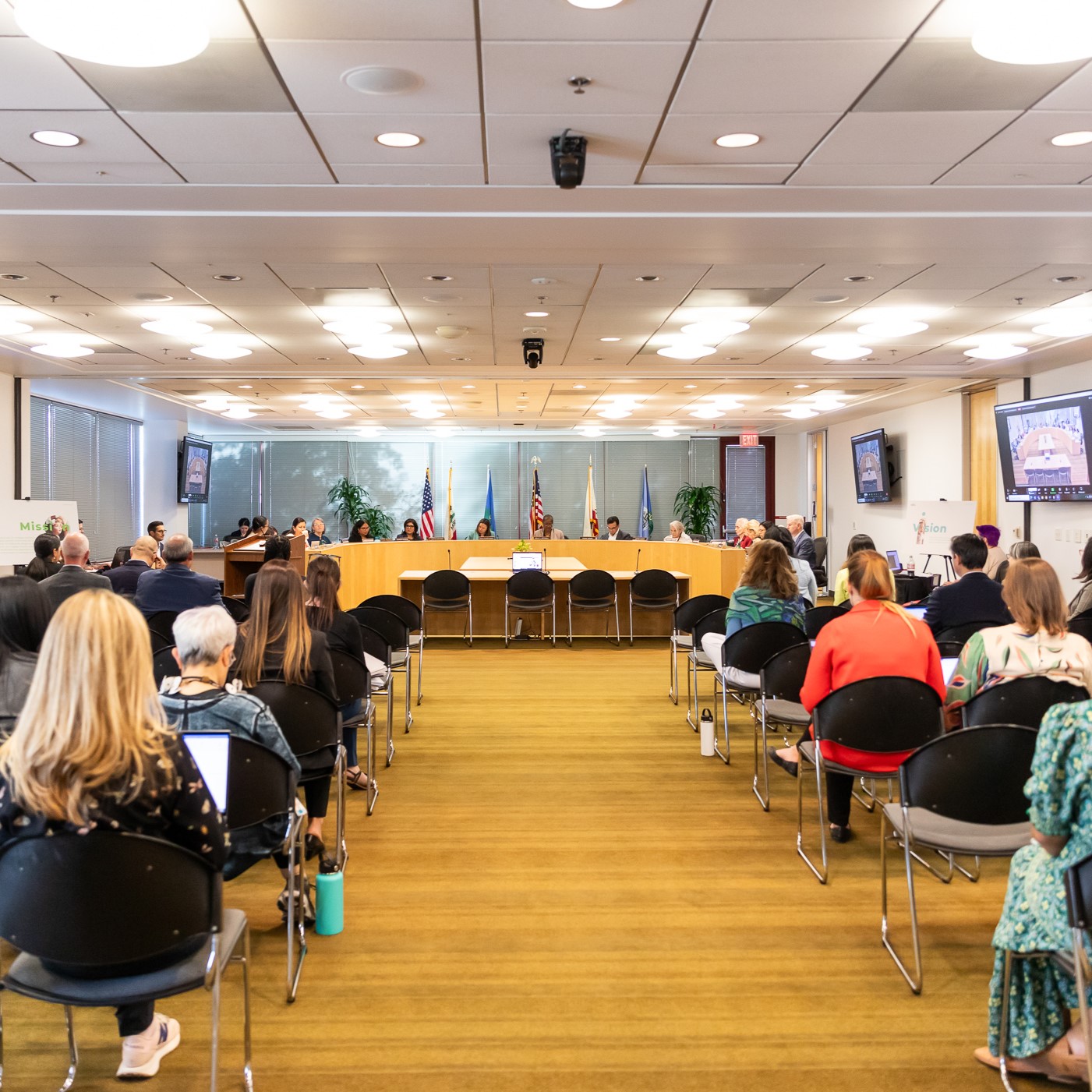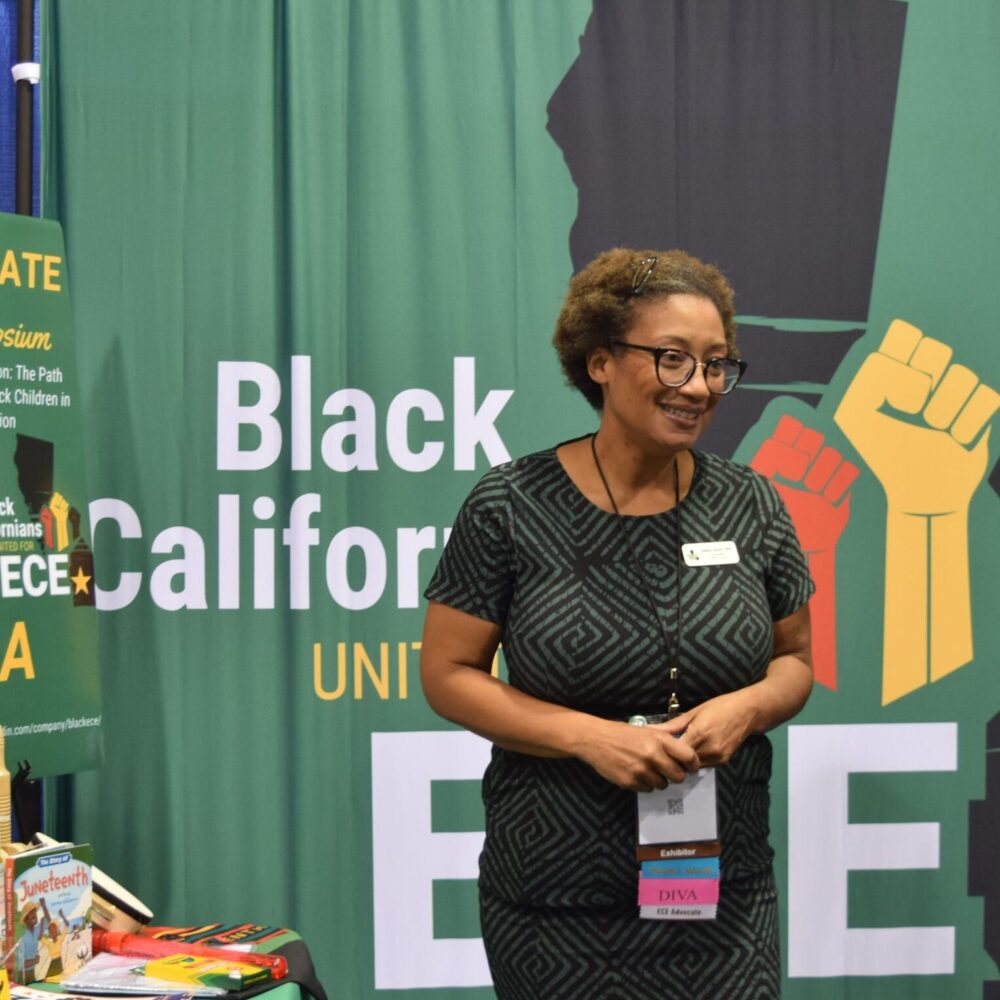By Kim Belshé, Executive Director of First 5 LA
Earlier this week Legislative leaders passed the State Budget for the Fiscal Year that begins on July 1, 2018. We anticipate Governor Brown will sign the bill into law well in advance of the constitutional deadline on June 30, 2018.
 This year’s budget will direct more than $1 billion in additional funding to services, systems and supports for California’s youngest residents. This represents a formidable down payment on our shared future. It should be seen as the start, not the end, of progress toward addressing the enormity of our youngest children’s unmet needs.
This year’s budget will direct more than $1 billion in additional funding to services, systems and supports for California’s youngest residents. This represents a formidable down payment on our shared future. It should be seen as the start, not the end, of progress toward addressing the enormity of our youngest children’s unmet needs.
To paraphrase Fleetwood Mac’s Christine McVie and Lindsey Buckingham, we aren’t going to stop thinking about tomorrow. The State Budget is a statement of priorities and we are urging leaders and lawmakers to continue to prioritize opportunities to boost the safe, healthy development of young children who will shape our collective future.
In our official statement on the State Budget we thanked Governor Brown and leaders of the Legislature and challenged them – and the next Governor – to continue the progress that has been made. I wanted to take a deeper dive into the State Budget’s details which reflects several priorities in First 5 LA’s budget.
Here are highlights from the State Budget that affect young children:
Family Strengthening and Health
- $158.5M to fund home visiting programs for families receiving CalWORKs assistance. Informed directly by L.A. County’s pilot program, a partnership between the Department of Public Social Services and First 5 LA, the state’s CalWORKs Home Visiting Initiative (HVI) will provide funding to counties through a competitive grant process to test the impact of home visiting programs upon families. The pilot initiative will be funded through 2021, with the intent to expand the program to serve more families pending the pilot’s success. This is the first time the state is directing funds toward home visiting programs, a major victory for First 5s and young children alike;
- $90M starting in FY 18-19, and eventually $360M annually, to ensure no child in California lives in deep poverty. Currently, due to the size of California’s CalWORKs grants, some families receiving state cash assistance are earning less than 50% of the federal poverty level. This agreement, which aligns with Senate Bill (SB) 982 on First 5 LA’s legislative agenda, will increase the minimum CalWORKs grant for families to at least 50% of the federal poverty level; and
- $8M to establish the California Perinatal Equity Initiative to expand the scope of interventions provided under the Black Infant Health Program by fostering Community Centers of Excellence and promoting the use of interventions designed to fill gaps in current programming offered through the Black Infant Health Program in 15 counties.
Early Care and Education
While falling short of the “Billion for Babies” championed by First 5s and the state Early Care and Education Coalition this year, the budget includes a total of more than $900M in new funding to support improved quality, systems and expanded access to early care and education programs. Key provisions of the budget include:
- $409.2M in federal Child Care Development Block Grant (CCDBG) and state general funds to create 13,407 new alternative payment early care and education spaces, a program primarily used to support access for infants and toddlers;
- $184.6M honoring previous agreements negotiated by the Governor and Legislature in past years’ spending plans. The funds will add 2,959 new full day preschool spaces, provide for preschool cost of living adjustments, and annualize reimbursement rate increases which were introduced during FY 17-18;
- $167M to create the Inclusive Early Education Expansion Grant program, which would help support young children with significant special needs; and
- $167.4M for various compliance, caseload, and rate adjustments including federal compliance activities and expanding cost of living adjustments for child care providers.

In addition to these significant increases in health, family strengthening, and early education spending, the budget includes funding that will support several other initiatives championed by First 5 LA:
- $135M to create a new, fully online community college and to fund increased online programs in existing community colleges. Among other programs, child development was called out as a focus area for the new online community college;
- Continue Proposition 56 funding to support increased reimbursement rates and incentives to medical providers serving children in both physical and oral health settings;
- $10M in one-time funding to support the All Children Thrive initiative, a project which involves UCLA, Public Health Advocates, and the state Department of Public Health. The three-year project will focus on trauma and equity;
- $90.3M to support statewide Census 2020 activities. First 5 LA and the First 5 Association are already connecting to local and statewide census efforts to ensure young children are accurately counted while balancing concerns around immigration status and federal enforcement activities;
- $5M to create a Children’s Mental Health Incubator at the state’s Mental Health Services Oversight and Accountability Commission (MHSOAC);
- $10M to fund free diaper distribution to CalWORKs families; and
- $200M to create a Safety Net Reserve, intended to promote the stability of the state’s CalWORKs safety net programs.
Guided by our recently developed and Board-approved policy and systems change agenda, First 5 LA will continue to monitor trailer bill language and implementation of the State Budget, pursue our legislative agenda, and highlight opportunities for our partners at the County-level to apply for and receive new funding.
We are grateful for the additional funds for young children that our state leaders included in this year’s budget. We look forward to working with the legislature – and our next Governor – to build upon these initial and continued investments to better support children and families from the earliest moments possible. Our teams are already partnering with others to make this a reality.
More information on the FY2018-19 State Budget can be found at the California State Department of Finance’s website.






